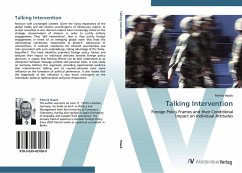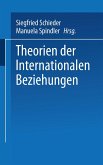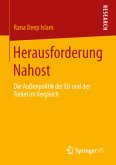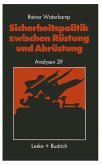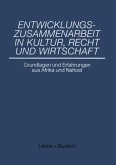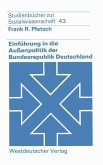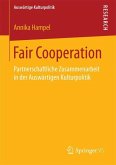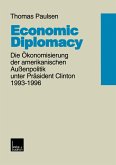Revision with unchanged content. Given the rising importance of the global media and the relative unwillingness of democratic publics to accept casualties in war, decision makers have increasingly relied on the strategic dissemination of rhetoric in order to justify military engagements. They "talk intervention", that is, they justify foreign engagements in terms of an emerging global norm that finds the international community "responsible to protect". Adversaries of interventions, in contrast, emphasize the inherent uncertainties and risks associated with such undertakings, taking advantage of the "body-bag-effect". This book identifies prevalent foreign policy frames and analyzes their impact on individual attitudes towards foreign policy decisions. It argues that framing effects can be best understood as an interaction between message content and personal traits. A case study on Germany bolsters this argument, providing experimental evidence that interventionist talking and its counter-rationale exert some influence on the formation of political preferences. It also shows that the magnitude of this influence is very much contingent on the individuals' political sophistication and prior dispositions.
Hinweis: Dieser Artikel kann nur an eine deutsche Lieferadresse ausgeliefert werden.
Hinweis: Dieser Artikel kann nur an eine deutsche Lieferadresse ausgeliefert werden.

